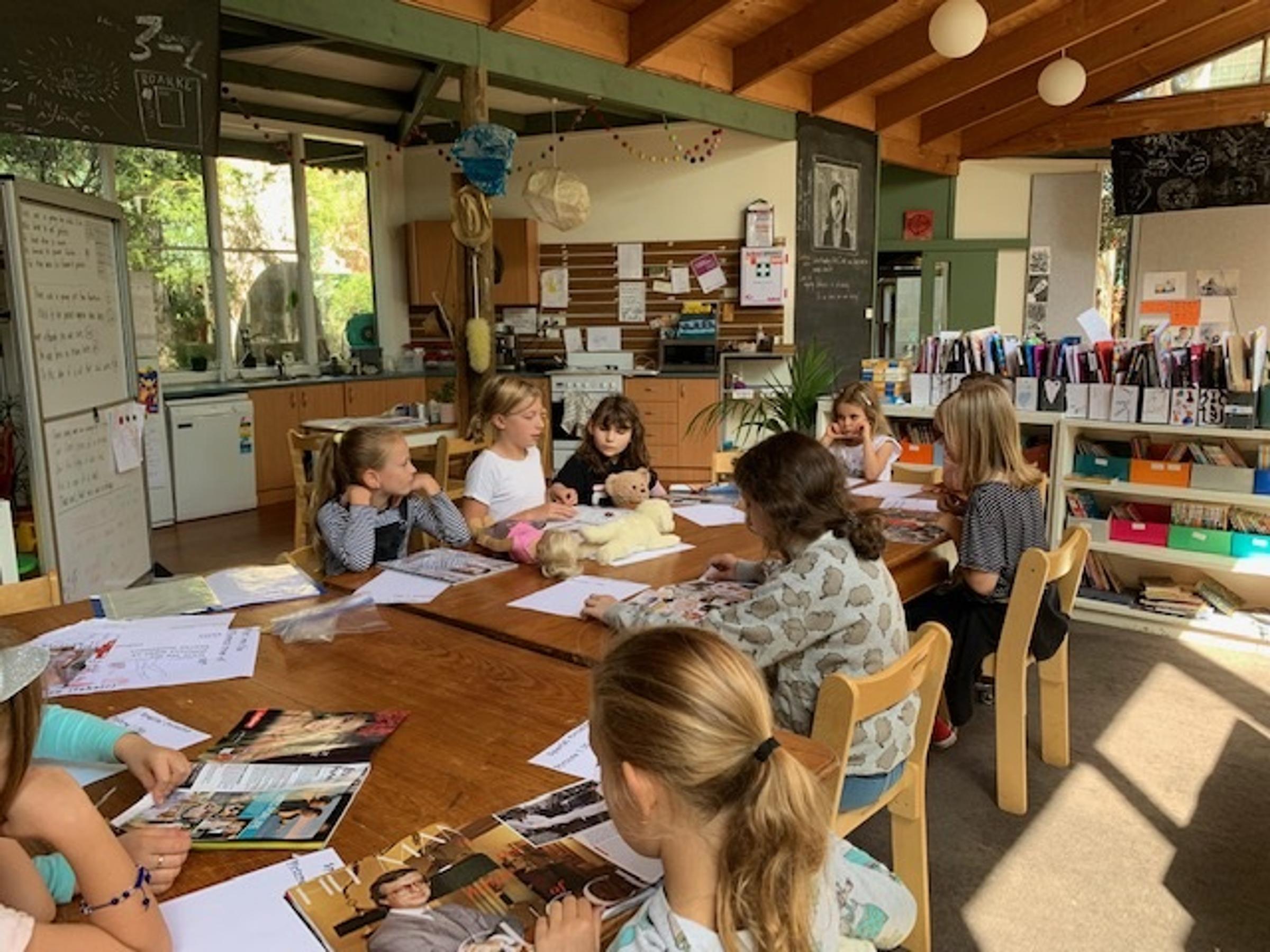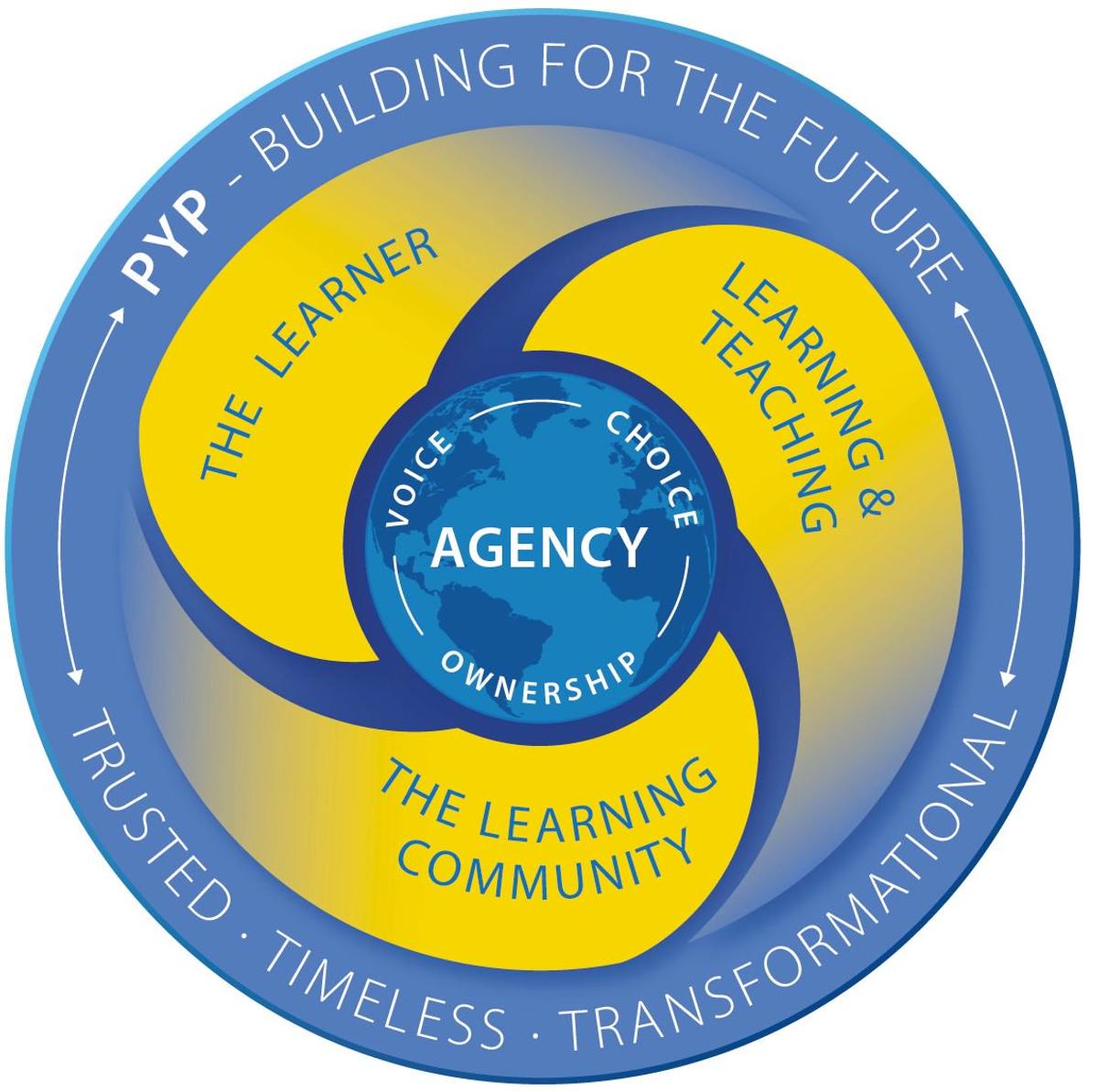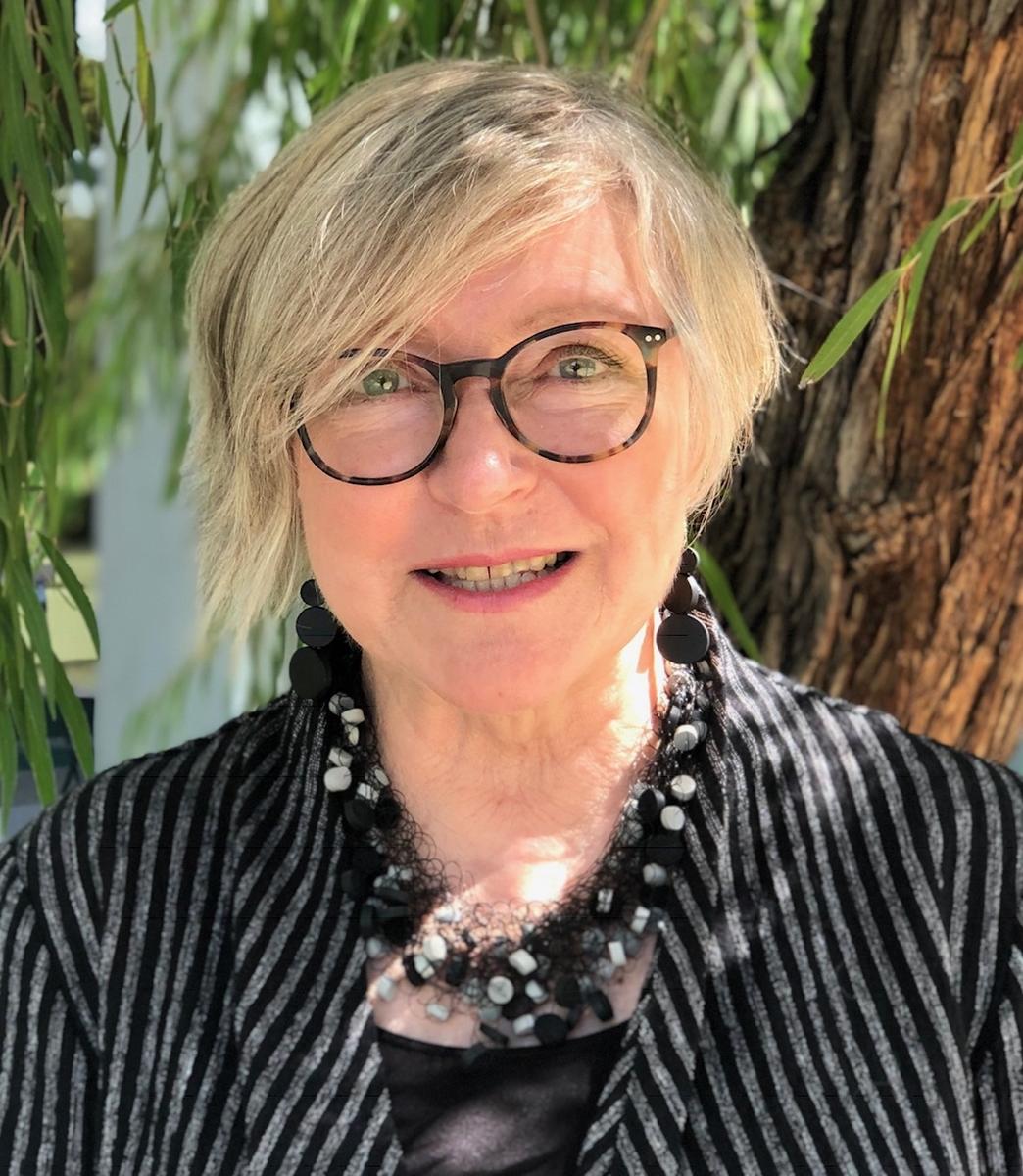From the Principal

Agency
I suspect that 'agency' is about to become a seriously overused word, so I am getting in early….
As with terms such as ‘child-centred’, ‘engaged’ and ‘mindful’, ‘agency’ has taken on the lustre of the new, big idea. And as usual with all new big ideas it has much in common with older, enduring ideas.
When Preshil first sought candidacy for the PYP, student agency was one of the areas where we had to push the boundaries a little in order to accommodate our commitment to children having a voice and a say in their own learning. At IB professional development sessions Preshil staff would share their own practice where children were given the opportunity to influence and help shape a unit of inquiry as a matter of course. Many other PYP schools seemed to find this challenging, even a bit problematic, and insisted teachers keep a firm grip on deciding what, how and when the inquiry would be conducted and assessed.
Here are a couple of short extracts from our Courage book:
Preshil believes that providing children with the choice to follow their own interests leads to a more compelling and rewarding learning experience for both child and teacher. By taking ownership of their education children invest more of themselves and are more motivated to learn. By learning to make their own choices in ever more significant ways, children begin to learn the importance of making good choices and taking responsibility for them. When children can understand that their every action is the product of a choice they themselves make, whether consciously or unconsciously, they become more empowered to direct their own lives.
Preshil teachers work to build an engaging task-based curriculum around children’s interests. Such a curriculum needs to be flexible enough to follow where the children’s interests lead, and is likely to differ widely from year to year. Only then can children freely engage in inquiry, dialogue and discussion with both their teachers and their peers, without worrying that their input may be perceived to be inappropriate, or open them up to ridicule.
Here is what the International Baccalaureate now has to say about ‘Agency in the PYP’:
PYP students with agency use their own initiative and will, and take responsibility and ownership of their learning. They direct their learning with a strong sense of identity and self-belief, and in conjunction with others, thereby building a sense of community and awareness of the opinions, values and needs of others.
When learners have agency, the role of the teacher and student changes; the relationship between a teacher and a student is viewed as a partnership.
Students take initiative, express interest and wonderings, make choices and are aware of their learning goals. They are actively engaged, and monitor and adjust their learning as needed. Students offer feedback to others and consult on decisions that affect them. In school, students take responsibility for their learning and collaborate with teachers and other students to plan, present and assess learning needs.
Teachers recognize students’ capabilities through listening, respecting and responding to their ideas. They make thoughtful considerations and decisions with an emphasis on relationships, dialogue and respect for one another.
How satisfying for our teachers and our parents to know that the IB has caught up! And how good to know that we are not a school that has to dismantle an outdated, authoritarian approach to learning in order to adopt this more respectful view of children.
Agency means that not only do we all have a voice and initiative, it also means we have individual responsibility and it is essential that children come to trust their own critical and ethical agency to take charge of their own futures.
Marilyn Smith
Principal


